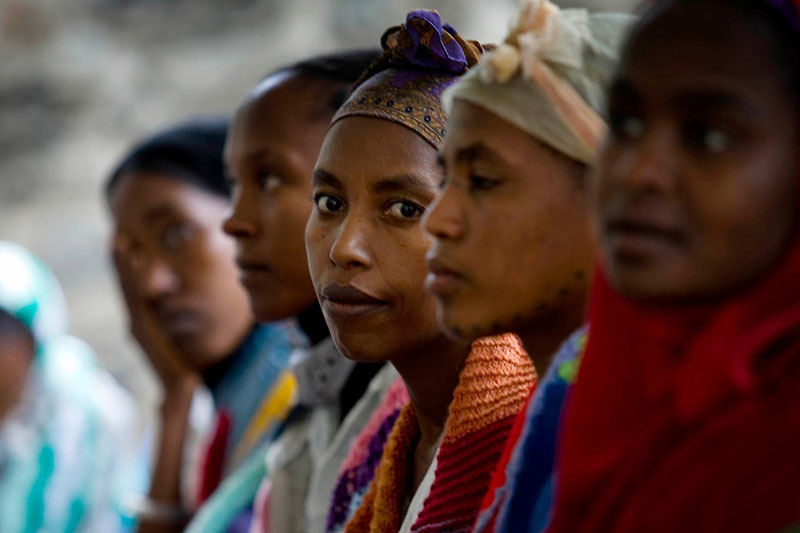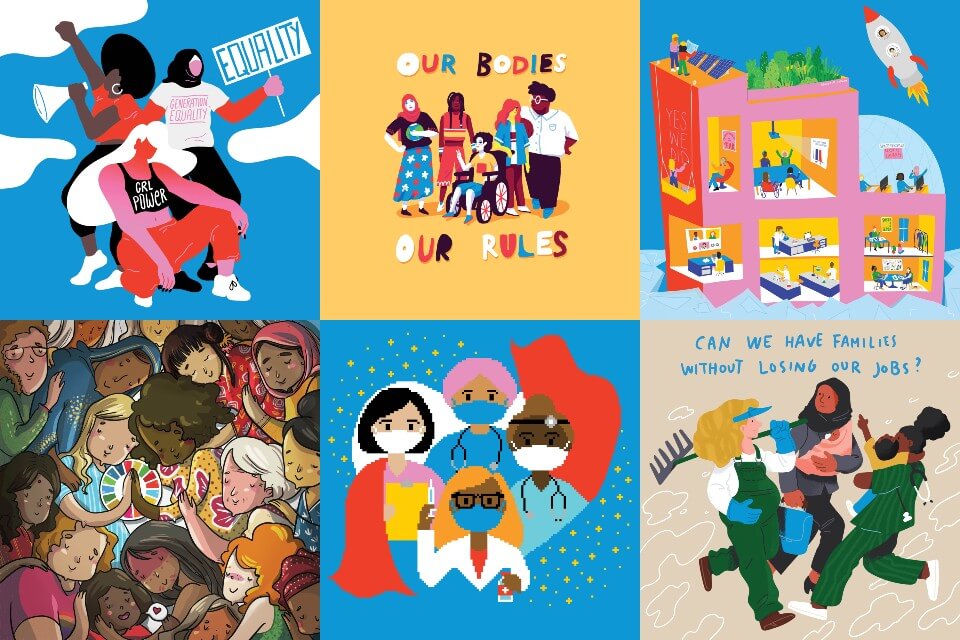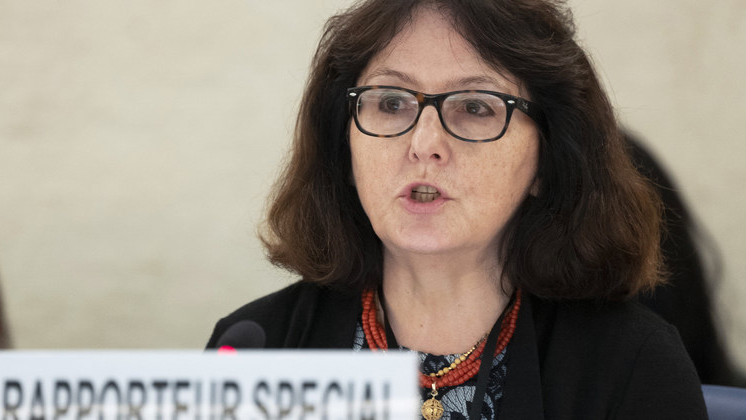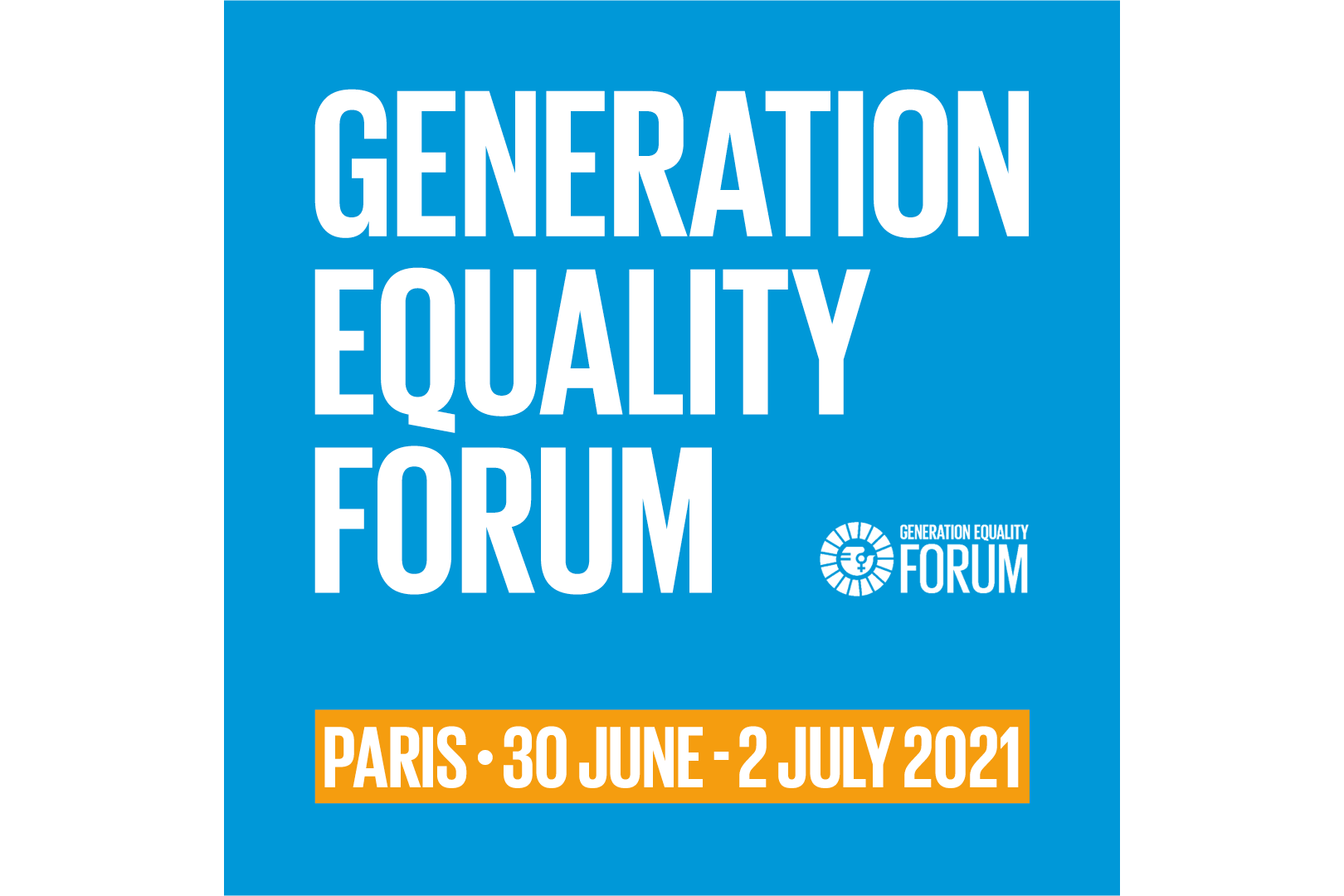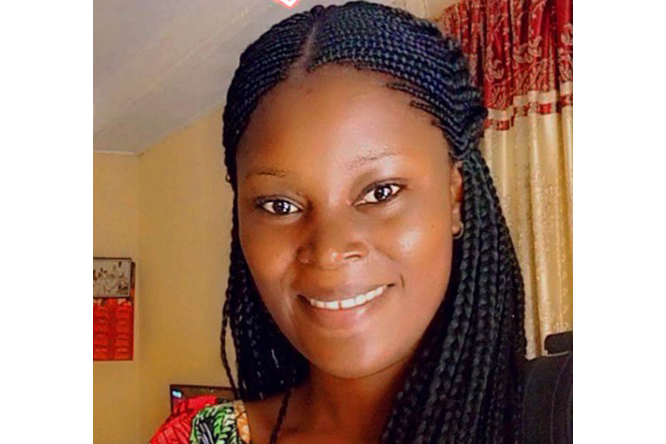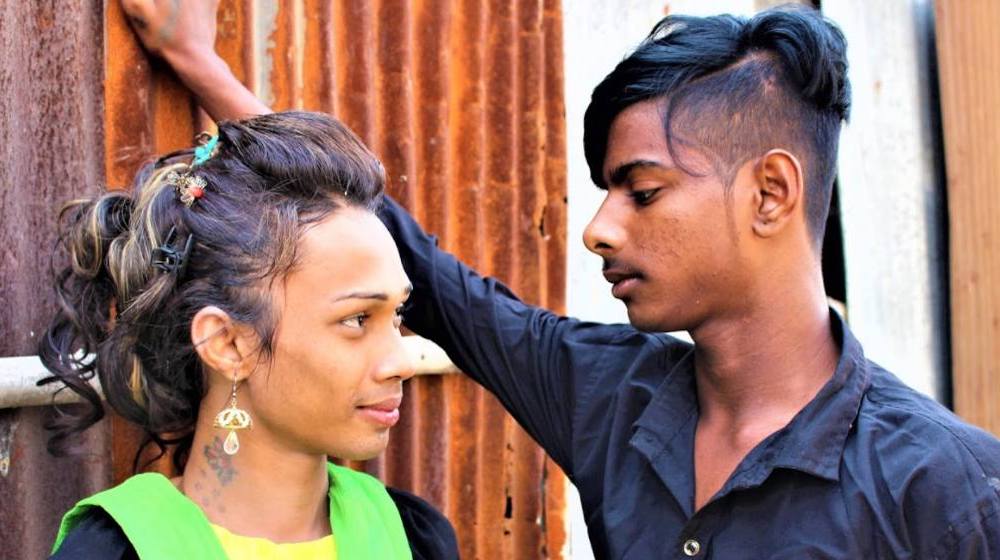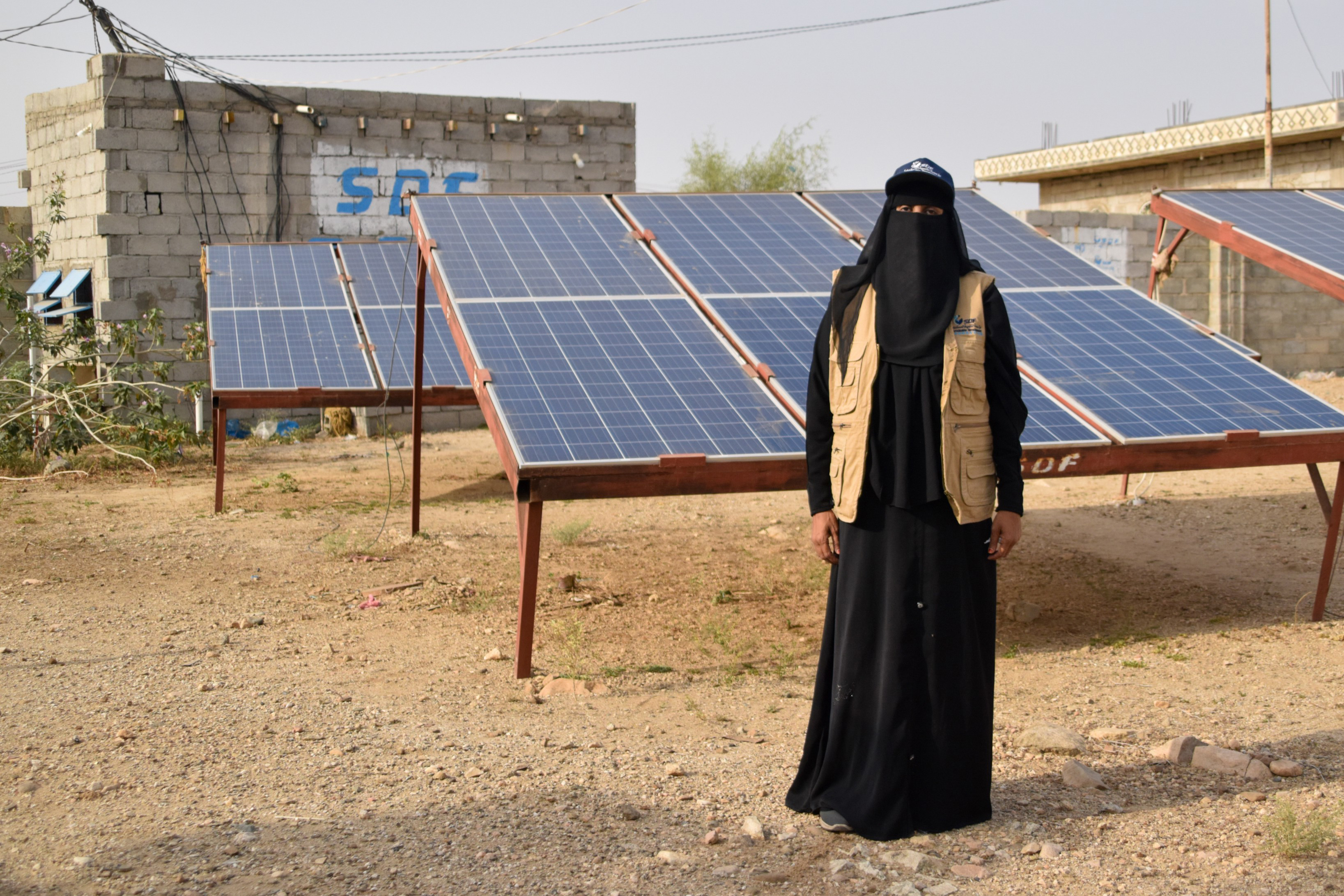The second wave of COVID-19 in India brought unprecedented losses. UN Women and health sector experts answer frequently asked questions about COVID-19 and how it impacts women and girls in India.
The Covid-19 pandemic has impacted women’s employment not only because they make up the majority of the hardest hit sectors but because mothers have been feeling more pressures at home due to lockdown measures and school closures. Have a listen to Isabel Torres, co-founder and CEO of Mothers in Science, which aims to raise awareness of the career obstacles faced by mothers in STEMM (science, technology, engineering, mathematics and medicine) and advocates for workplace equality and inclusion. UNDP’s Chats with STEMinists is a podcast series sharing conversations with people working to advance girls and women in science, technology, engineering and mathematics (STEM) careers.
Who decides whether or when you can have sex? Watch what people on the streets of Paris had to say and join the conversation. As the Generation Equality Forum drew leaders and activists from around the world, UNFPA highlights the critical importance of realizing bodily autonomy for all.
The World Health Organization announced multiple commitments focused on ending gender-based violence; advancing sexual and reproductive health and rights; and supporting health workers as well as feminist movements and leadership.
Convened by UN Women, the Generation Equality Forum is taking place in Paris, on 30 June to 2 July. Here’s how it’s set to be catalytic with actions that accelerate progress on women’s rights.
We all have the potential to create meaningful change in the world around us. Whether by educating family and friends, speaking up on social media, challenging stereotypes through creative expression or otherwise, we can each promote gender equality and #ActForEqual every single day. In the run up to the 2021 Generation Equality Forum UN Women asked artists globally to visualize what gender equality means to them and received more than 1000 inspirational submissions from creative advocates all over the world.
Rape is widespread all over the world, and all countries, as well as the UN, need to do more to improve legislation to improve conviction rates and protect women, Dubravka Šimonović, the UN Special Rapporteur on violence against women, its causes and consequences, has told UN News.
In her last report for the UN in the role, entitled: Rape as a grave and systematic human rights violation and gender-based violence against women, Ms. Šimonović, a highly experienced independent human rights expert, calls for governments to ensure that rape laws are in line with international human rights legislation which, she says, has evolved significantly over recent decades.
Speaking to UN News’s Conor Lennon, Ms. Šimonović said that impunity remains a major problem.
Register now for the Generation Equality Forum in Paris, a milestone global event to advance action and investment for gender equality, from 30 June to 2 July 2021.
Diane Ndarbawa is a youth activist for economic justice: "Through my organization, Manki Maroua, I work every day to foster respect for women’s economic rights, including improved working conditions."
UN Women invites women’s and feminist organizations, government and private entities to make bold commitments for equality at the Generation Equality Forum, from 30 June to 2 July.
UNFPA works to ensure the sexual and reproductive health and rights of, and access to HIV programmes for, gender-diverse communities in Bangladesh, a largely conservative country.
What does supermodel and UNFPA Goodwill Ambassador Natalia Vodianova have inside her bag? Watch as she shows us the essential items women just can't live without.
Mothers already shouldered tremendous financial, physical, emotional, and intellectual burdens before the onset of the pandemic. But now ‒ under increasing economic pressures, reduced access to health care, diminishing social support and growing unpaid care responsibilities ‒ many of these burdens have become crushing. All of this is taking a toll on the long-term health and welfare of mothers. Women have been disproportionately affected by pandemic-related job losses, and researchers are starting to see signs of rising stillbirths, maternal mortality and poor maternal health outcomes around the world.
The new reality, due to the pandemic, has left many mothers scrambling. With schools and day-cares closed, many were forced to leave their jobs or cut the hours they worked. New IMF estimates confirm the outsized impact on working mothers, and on the economy. Within the world of work, women with young children have been among the biggest casualties of the economic lockdowns. Three countries—the United States, the United Kingdom, and Spain—illustrate the varied impact of the pandemic on workers.
A Yemeni woman improves lives and changes minds



